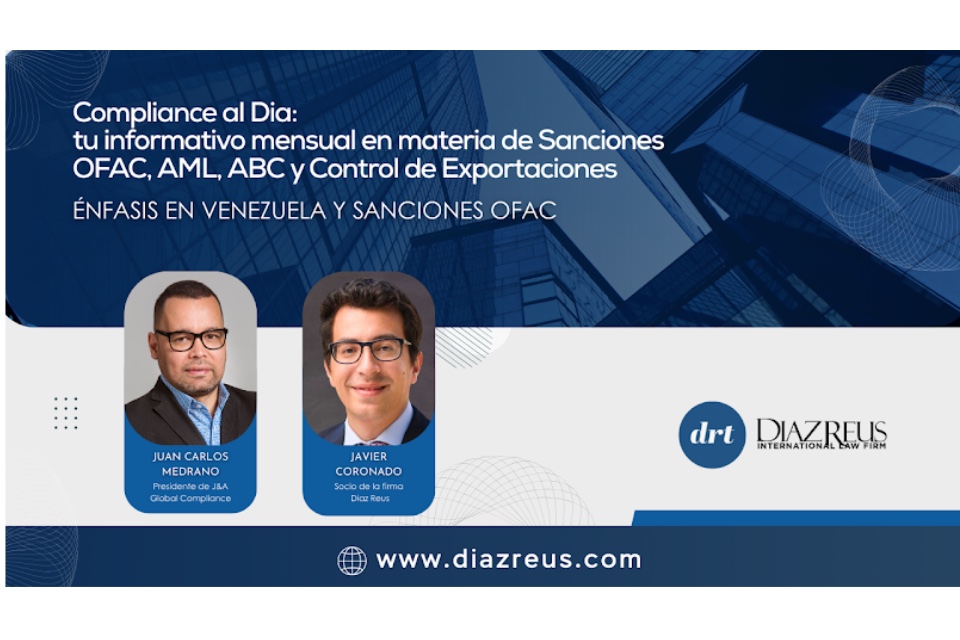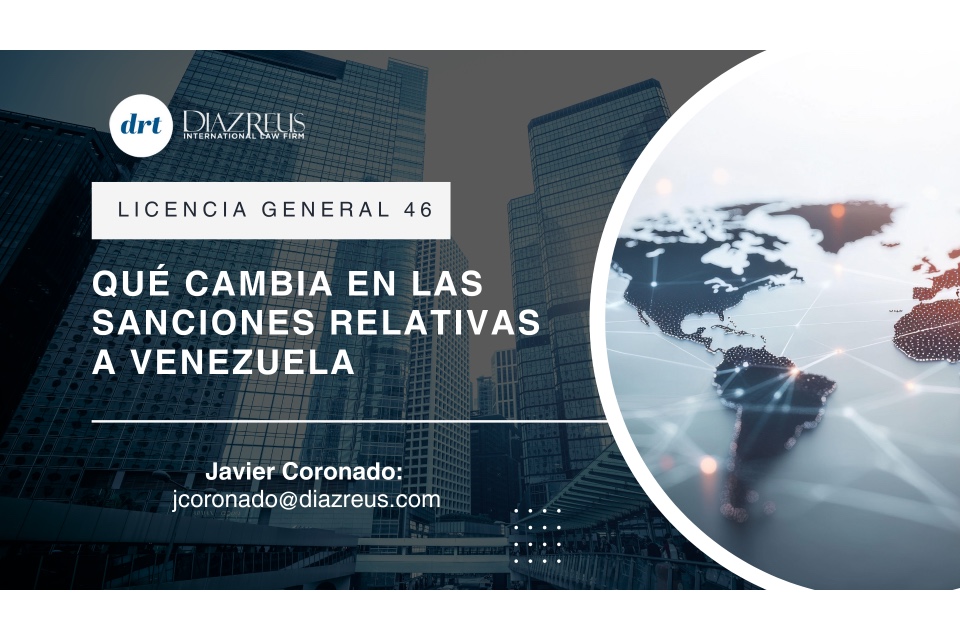In an ever-increasing global business environment, anti-corruption laws become critical for the welfare of companies and countries around the world. Where economies are still developing, such laws and their accompanying compliance provisions are essential for securing a reputation as a safe place to do business. As such, several countries have enacted laws to regulate how companies, domestic and foreign, conduct business. Prominent examples include the U.S. and U.K., but emerging market countries such as Brazil and Mexico have also recently enacted similar anti-bribery and anti-corruption legislation.
Anti-Bribery Legislation in the U.S. and U.K.
The U.S. Foreign Corrupt Practices Act of 1977 (FCPA) makes it unlawful for certain U.S. businesses, persons, and certain foreign firms, to make payments to foreign government officials. The FCPA subjects violators to hefty fines, incarceration, or both.
Over the last years the Securities and Exchange Commission and the U.S. Department of Justice (DOJ) have increased their enforcement of FCPA prosecuting more cases than in the previous 20 years combined. The number of non-U.S. companies targeted by the country’s enforcement authorities has also increased. In fact, nine out of the top 10 companies that have reached the largest settlements have been foreign-owned – including Daimler, Siemens, and Alcatel-Lucent. More recently, in a settlement that included a number of its subsidiaries, French-based Alstom S.A. entered into plea agreements and deferred prosecution agreements with the DOJ resulting in penalties of $772 million, the largest criminal penalty imposed for alleged violations of the FCPA and the second largest total FCPA settlement.
Similar to the U.S., the U.K. enacted the Bribery Act 2010, which among other things criminalises bribery. In addition to covering any corporation and individual operating within its territory, the U.K.’s anti-bribery act applies to corrupt practices around the world. As such, it is one of the most comprehensive anti-bribery laws in existence. Unlike many of its counterparts, the U.K. Act makes it a criminal offence for a corporation that fails to prevent a bribe. In particular, the law introduced a strict liability offence under Section 7 of the Act for a corporation’s failure to prevent bribery on its behalf. Because the only defense against an allegation of a Section 7 violation is a showing of adequate preventative procedures in place, companies are now required to establish extensive internal programmes that include bribery risk assessments and consistent monitoring of their business practices. The U.K. Act also provides for a private cause of action against corporations that engage in bribery.
Like the FCPA, the U.K. Bribery Act has extra-territorial reach for both U.K. companies operating abroad and overseas companies with a presence in the U.K. The Act’s broad territorial scope means that a foreign company that carries on any part of its business in the U.K. could be prosecuted for its failure to prevent bribery, even where the bribery allegedly takes place entirely outside the territory of the U.K.
In the five years that have followed the passing of the U.K. Bribery Act, there has neither been the volume nor the profile of enforcement that some had predicted. However, on December 5, 2014, the U.K. Serious Fraud Office (SFO) succeeded in obtaining convictions against three men for an investment scam. The convictions included conspiracy to commit fraud, conspiracy to furnish false information, fraudulent trading, and other Bribery Act offences. This is an important step because it is the first case with significant funds involved. Previous successful prosecutions of individuals under this law were for low level bribes. For example, one case involved a court clerk who was found to have taken bribes from people in order to change their driving records. Another case involved a man who offered to bribe a government official after the man had failed his taxi-driving test.
Notwithstanding the modest number of prosecutions, U.K. authorities are still committed to fighting corruption. On December 18, 2014, the U.K. Home Office released its Anti-corruption Plan that includes proposals for new actions, summarises recent changes already made to the law, and outlines a number of bodies that are either already in existence or which will be set up to help prevent corruption in the near future.
Although both the U.S. and U.K.’s anti-bribery statutes seek to improve the way business is carried out abroad, such regulations can make it difficult for companies operating in emerging markets to stay competitive vis-à-vis local companies. For this reason, it is important that emerging markets have similar laws. Brazil and Mexico have followed this path.
Brazil and Mexico
Brazil’s anti-bribery law, the Clean Company Act 2014 – Law 12,846, applies to companies regardless of the corporate form, whether foreign or domiciled in Brazil, and whether the unlawful act is committed within or outside of Brazil. It also imposes strict administrative and civil liability for acts committed against local and foreign public administration. Under this strict liability, companies answer for the conduct of employees and third parties even if they took all reasonable steps to prevent violations. Additionally, this anti-bribery law extends civil liability to the entity’s directors, officers, employees, and agents who commit, participate, or aid in the unlawful act. Judicial penalties for bribery may be imposed individually or cumulatively and may consist of mandatory dissolution of the business, complete or partial cessation of business operations, restitution of benefits received, and seizure of assets. The liability for any civil or judicial penalties may extend to the parent company, subsidiaries, and affiliated companies, and may survive a merger, acquisition, or other corporate transformation. The law provides a five-year statute of limitations from the date of the offence, except where a continuing violation is found. Where found, the limitations period begins on the date on which the offence ceased.
On March 18, 2014, the Brazilian government also enacted a decree that clarifies the path that companies must follow to mitigate corruption risks and strongly encourages businesses to invest in compliance and prevention. Specifically, the decree explained the criteria for evaluating compliance programmes which include: commitment of the senior management to the programme; the standards of conduct established not only for the company but also for third-parties; the accuracy of books and records; the independence of the compliance department in the corporate structure; specific prevention initiatives in bids and contracts involving governmental entities; the disciplinary action for violation of the integrity programme; and appropriate due diligence in the hiring of third parties.
Because companies are strictly liable for corrupt conduct under the Brazilian anti-bribery laws, having an effective compliance programme is the most relevant factor that can mitigate the amount of fines imposed for violations. For this reason, foreign companies doing business in Brazil must carefully design a compliance programme that includes, at least, written policies and procedures, effective training, periodic risk assessments and audits, strict financial controls, and reporting mechanisms, among others.
In 2012, Mexico issued an anti-bribery law, the Ley Federal Anticorrupción en Contrataciones Públicas, which applies to individuals and companies that engage in corruption either in or outside of the country. This law is similar to FCPA, the U.K. Bribery Act, and the Brazilian Clean Companies Act in that it prohibits individuals and companies from offering money or gifts to obtain or maintain a business advantage. It also prohibits the use of facilitation payments. Moreover, this law has a special emphasis on those companies and individuals that engage in bribes that relate to federal procurement contracts with the Mexican government. Offenders run the risk of obtaining heavy fines and being banned from participating in the future.
Although the Mexican anti-bribery law was an important step for the country to regulate corruption in governmental purchases, the lack of adequate and impartial investigations by specialised agencies has led to weak enforcement, and thus, is poorly perceived. For this reason, on April 22, 2015, Mexico approved a constitutional reform that creates a National Anticorruption System (Sistema Nacional Anticorrupción), as a coordinated function among the authorities of all levels of government competent in prevention, detection, and sanctioning of administrative liability for corruption. It also establishes a clear enforcement scheme to correct the institutional flaws in the Mexican anti-corruption system.
While this new legislation does not create new public corruption crimes, it reminds companies operating in Mexico about the importance of developing a comprehensive and effective compliance programme.
Conclusion
Investors and multinational corporations that are willing to conduct business or engage in financial transactions abroad must be mindful of any applicable anti-bribery statutes in their home country, as well as in the jurisdiction where they are conducting business. It is imperative for companies to comply with all applicable statutes, as sometimes seemingly innocuous acts such as paying for someone’s plane ticket may be permitted under one statute but forbidden under another. Companies can prevent sticky situations by implementing rigorous internal compliance programmes and conducting proper due diligence, inquiry and investigation, and training for personnel. Such actions will help minimise one’s risk of criminal and/or civil liability under any applicable statute.
*This article appears in the 2016 edition of The International Comparative Legal Guide to: Business Crime; published by Global Legal Group Ltd, London.
The authors are Diaz Reus attorneys Michael Diaz, Jr. and Marcela C. Blanco. Please contact them directly if you have any questions.
Access all chapters of the Comparative Legal Guide to Business Crime 2016 online.
Download this chapter as a PDF. Fighting Corruption in International Transactions.













